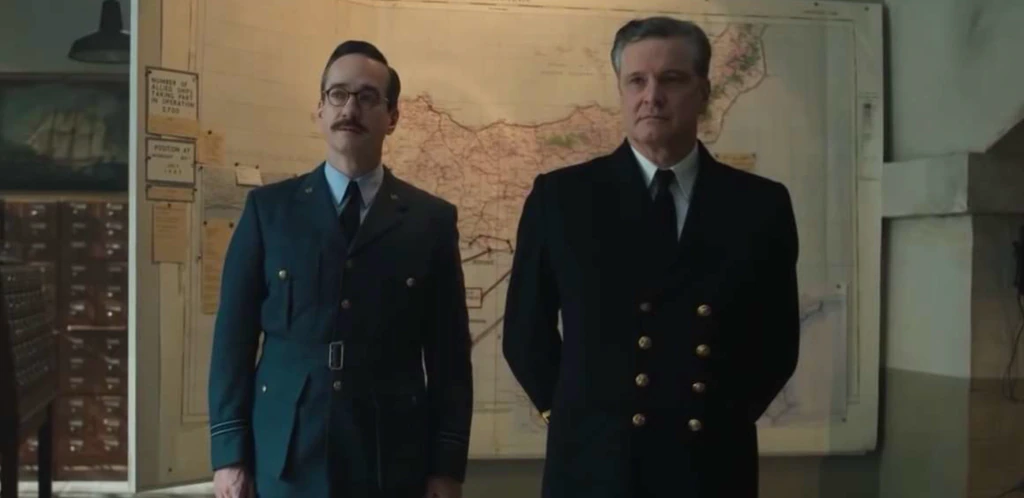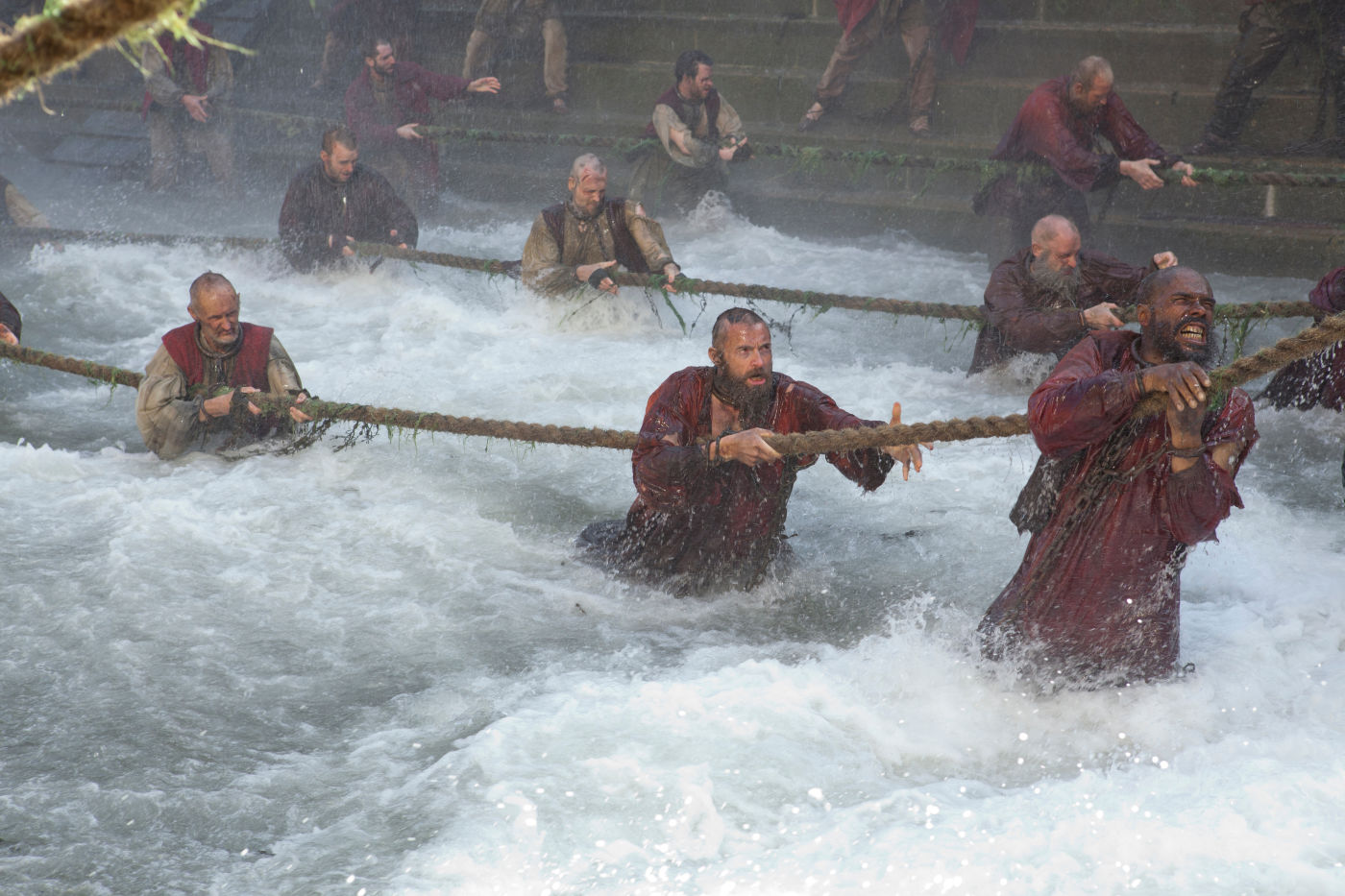My theory is that if you watch enough historical re-creation on film, you don’t actually have to take any history classes. Sure, they get big things wrong all the time, but if your education has taught you “slavery wasn’t all that bad,” you’re better off with Netflix.edu anyway. KnowwhatI’msayin’?
Operation Mincemeat started out as “Operation Trojan Horse,” which is a bad name to give an operation completely dependent on deception…unless the point is to make the feint so obvious that the Nazis would believe it couldn’t possibly be a ruse. This is a thought that comes up multiple times in the film for those playing the WWII home game. In July of 1943, the Allies invaded Sicily. The idea was to get a foothold in continental Europe and take Italy as a foe off the table in one fell swoop.
This plan would probably account for a lot of casualties unless the Allies could convince the Nazis that the continental invasion was taking place elsewhere. Enter Operation Mincemeat, the brainchild of British officers Ewen Montagu (Colin Firth) and Charles Cholmondeley (Matthew Macfadyen). The ruse was anything but simple: The idea was for the Nazis to “discover” plans for the Allies to invade Greece instead of Sicily. The plotting had to be so exact that the planted information look like it was anything but planted. This involved such keen Nazi manipulation that intel was at a premium.
Basically, the plot called for knowing when exactly the information would encounter a Sergeant Schultz and when it would encounter a Colonel Klink. That’s an impressive attention to detail.
This is a very high-brow kind of film; the heroes are stuffy middle-aged Englishmen desperately trying to out-clever their Schrödinger-like opponents (do they exist or don’t they?) with the free world hanging in the balance — theoretically, at least. The organization behind the plot is The Twenty Committee – 20 as in XX as in double cross, get it? It’s very high-brow.
Even the romance is high-brow. Presently estranged, Montagu has shipped his wife and kids to the United States for the duration of the war. During the Operation, he grows closer to widowed secretary Jean Leslie (Kelly Macdonald). Together,  their platonic exchange of almost-longing glances and near hand-holding constitutes an affair entirely on an intellectual level.
their platonic exchange of almost-longing glances and near hand-holding constitutes an affair entirely on an intellectual level.
This, of course, is both the strength and the weakness of the picture. The intrigue of Operation Mincemeat exists, certainly. What’s not to love about the details of espionage? But what’s missing is … well, the conflict. I’m not sure I saw a single Nazi in the film. They exist almost entirely on paper. The stresses within the film are almost completely internal and it literally takes until the 98-minute mark for a life of somebody on the Twenty Committee to be threatened.
When you think about Nazi spy films, doncha kind of expect to see, I dunno, Nazis? Maybe a murder or two? Is that too much to ask? Basically, the audience has to supply their own level of tension here based on how important they think this mission is. Ummm, that’s great; it’s just not how film works. At least not mostly. One chase. Can you give me just one chase? Is that too much to ask in a Nazi spy film? I guess so.
It’s a movie about thwarting the Nazis
Where the heroes are more Urkel than ROTC’s
But where is the foe?
They’re absent, you know?
How much “spying” did you put in your plotzies?
Rated PG-13, 128 Minutes
Director: John Madden
Writer: Michelle Ashford
Genre: 5D Chess
Type of being most likely to enjoy this film: Retired spies
Type of being least likely to enjoy this film: Nazis



